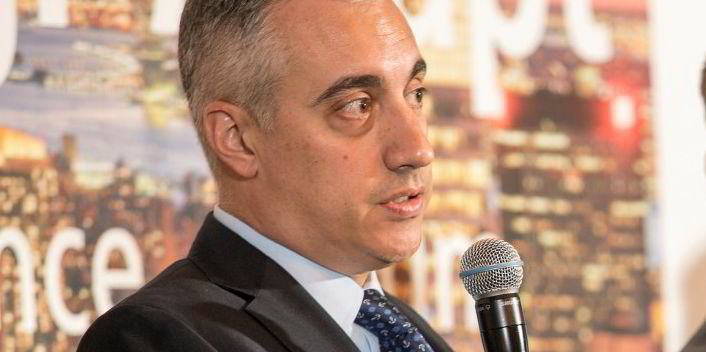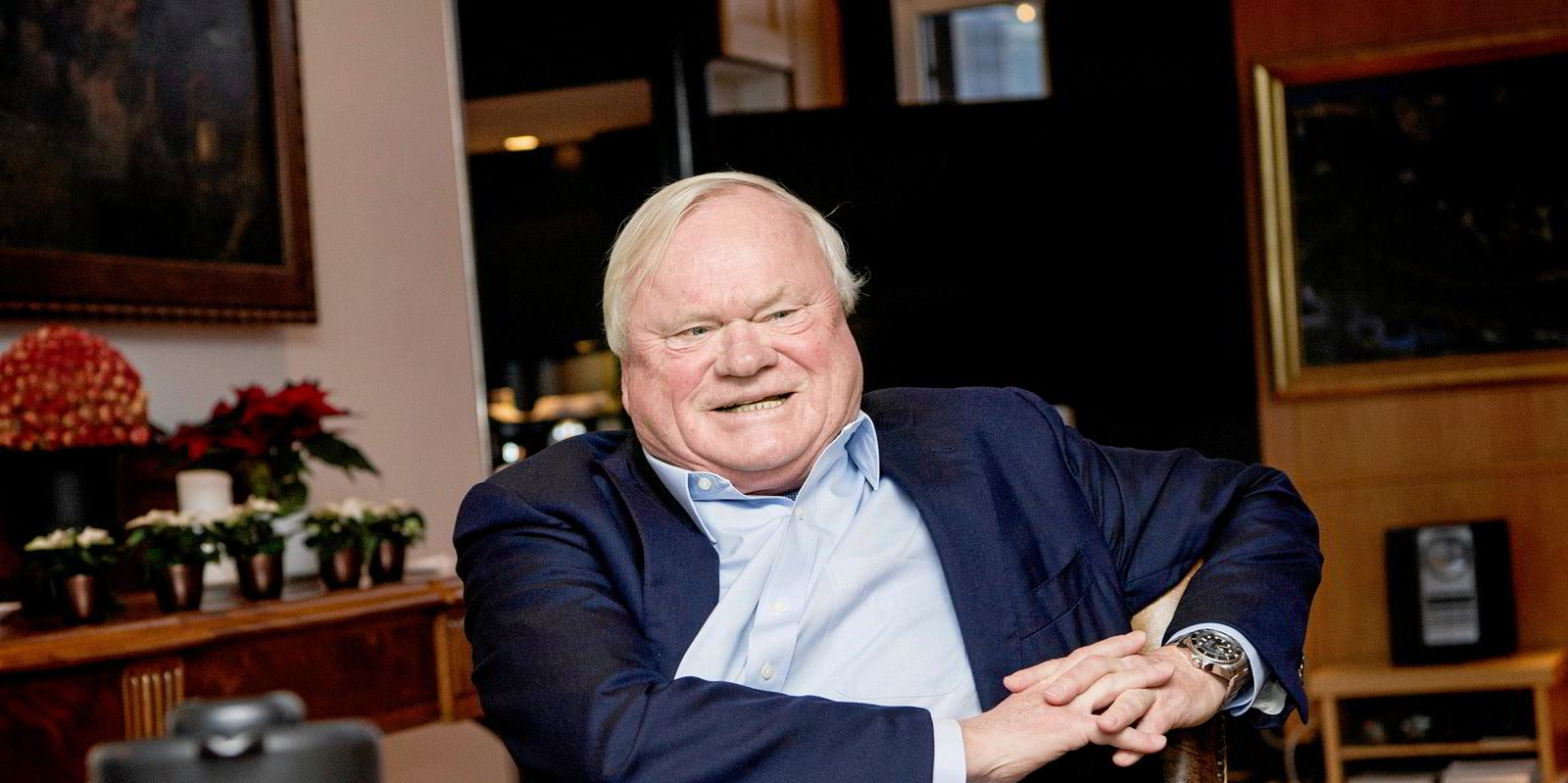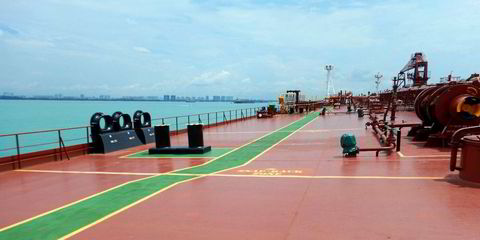Even before Monday’s announcement that John Fredriksen was walking away from an attempted merger between his Frontline and tanker giant Euronav of Belgium, some were already souring on the deal.
Most of the disenchantment came from investors and analysts who were bullish on Frontline and saw how the proposed combination had affected shares of the two companies: Euronav finally shedding its historic discount to net asset value and Frontline seeing its premium slip.
And now with the combination falling apart, some will turn their eyes towards Fredriksen’s 16% stakeholding in New York tanker owner International Seaways, which has been contacted for comment.
“I couldn’t imagine a better result,” said J Mintzmyer of Value Investor’s Edge, who is an investor and researcher on shipping equities for the service.
“I’m definitely celebrating tonight. I’m long Frontline also, of course — unfortunately not short Euronav.”
Mintzmyer said he had been expecting the deal to fail for some time.
Indeed, on 15 December he had surveyed his investment followers with this question: “Is it time for Frontline to dump merger plans, focus on their superior tanker fleet and let the Saverys implode the remaining Euronav capital via the ESG plans?”
The result: 85% of those who responded backed Fredriksen ending the merger plans.
Another post-mortem came from the dean of conventional shipping analysts, Jonathan Chappell of Evercore ISI, who headlined his piece “In the end, ego always wins in shipping.”
Chappell remains bullish on prospects for both companies amid a tanker market recovery and had never contemplated a combined company in his projections for the two owners.

The opportunity missed had more to do with the failure to create an owner with a combined market capitalisation of more than $6bn, which would have been the largest shipping listing ever in US markets.
“The King [Fredriksen] won’t get his crown jewel, but tanker investors will still get cyclical upside to an upturn, complete with dividends from both entities. It’s just too bad that ego kept the industry from offering investors a true bellwether. But that’s shipping for you…” Chappell wrote.
Another prominent analyst, Jefferies’ Omar Nokta, opined back on 15 December that while the bank supported the combination, it would not be the worst thing for Frontline to walk away, based partly on how poorly its shares had traded compared with Euronav since the merger announcement.
And Ben Nolan of Stifel downgraded Euronav shares to “hold” from “buy” on Tuesday, based on an assumption that it will now lose its Fredriksen premium from an assumed combination.
“With the Saverys family holding a major position and proposing a strategic shift which is bizarre, to say the least, we expect some of that premium valuation should leak out,” he wrote.





